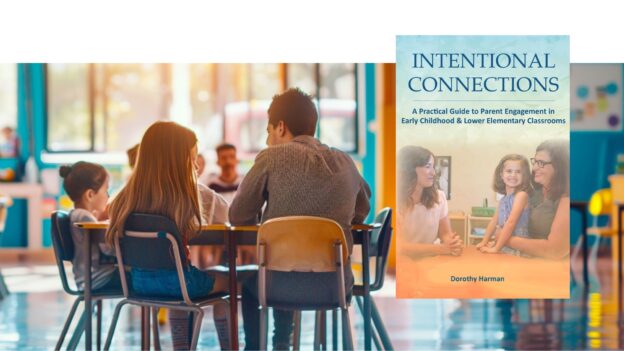As teachers, we know that building relationships with parents is important. But we aren’t always certain how to develop rapport. Our own perceptions and the views of those around us can influence our attitudes toward parents. If you sometimes hear statements at your school that begin with “Those parents…” or “They ought to…” it’s very likely that the quality of the interactions may be challenging. Well-intentioned teachers often succumb to these sentiments, for the simple reason that so much of our culture is steeped in polarity. We see it in political arenas, and gender and race relations. It may seem natural to see the unknown as adversaries or opponents. However, if we do the work to develop relationships with parents, it’s easier to see them as resources and partners. And the benefits are real and lasting—for teachers, parents, and, most importantly, children. One national organization tells us:
The most accurate predictors of student achievement in school are not family income or social status, but the extent to which the family creates a home environment that encourages learning, communicates high yet reasonable expectations for the child’s achievement and becomes involved in the child’s education at school. (National PTA, 2000, p. 11-12)


